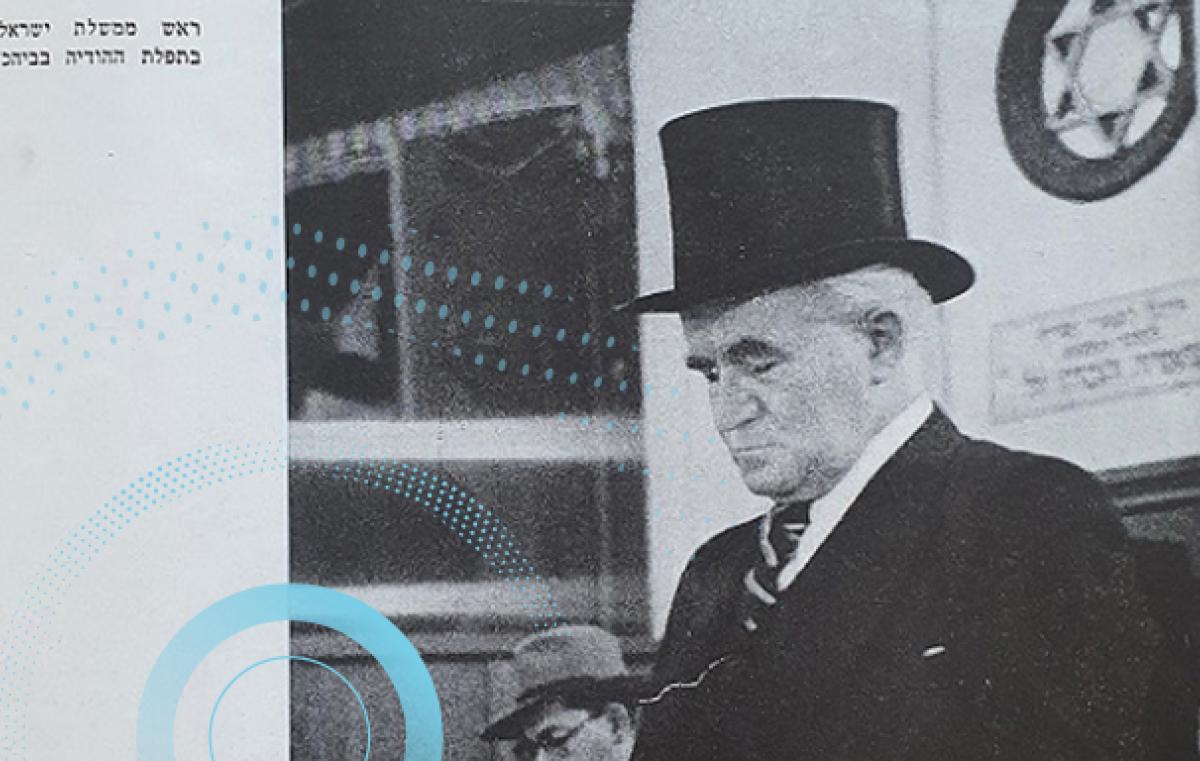The Face of History in the Digital Album
The “Israel Albums” project led by BIU Humanities scholars wins first place in hackathon on Digital Cultural Heritage

The “Israel Albums” project is designed to extract old albums from oblivion and present them to the public in new and intriguing ways. The aim is to provide an overall picture of the challenges of the period, and the cultural and ideological perceptions of the State of Israel.
The project, which recently won first place in the Digital Humanities Hackathon 2022 at the University of Haifa, was led by Prof. Galia Yanoshevsky of the Department of French Studies, Dr. Gila Prebor of the Department of Information Studies, and Efrat Miller Rotem, also of the Department of Information Studies at Bar-Ilan University.
The theme of this year’s hackathon was digital cultural heritage, and as such it provided participants with the opportunity to propose and launch an innovative venture in the field of digitization of intellectual and cultural treasures. The teams competing in the event were asked to plan projects in the field and demonstrate an initial ability to implement them.
The “Israel Albums” project was one of the eight challenges dealing with the development of tools for accessing and researching a huge and complex amount of printed and audiovisual materials in the humanities field. “Our project deals with the accessibility of filmed material of tens of thousands of pages from the establishment of the State of Israel to the present day. The interface allows for accessibility in three languages as well as for the dismantling and reassembly of the subjects in the album,” explain Prof. Yanoshevsky and Dr. Prebor.
Transitioning to Digitization
An increasing number of libraries and museums around the world have been digitizing photo archives from their collections in recent years. These large data sets are designed to create public engagement, for educational purposes and research in the humanities. In Israel, local photo archives are particularly interesting in this respect, as they document the establishment of the State of Israel and the creation of its image, character, and national identity, against the backdrop of political, ideological and social tensions.
The albums in the project contain texts and images, reflecting the historical ideas and their implementation. In addition, they present the way in which the nascent state sees itself, and how it wants others to view it. “The project’s importance lies in the preservation of the heritage,” notes Prof. Yanoshevsky. “These are Israeli albums published by the state or by private organizations. The project is supposed to extract these albums from oblivion and to make them accessible to the public. Such albums are kept in libraries, sometimes even in storage rooms. Few people open them, but they have complete stories, in text and in photos, and when you study them, you get an overall view of the challenges of the period, the cultural perceptions, ideologies, as well as information on many areas of research – from archaeology to anthropology.”
According to her, the scanning of the albums itself was done by basic means, but this is only one facet of the project.
“The more interesting part is to create a possibility to loosen the cables that connect a picture with the accompanying text. Dismantling them makes it possible to create new files, which allows for new readings, new meanings. This uncovers new stories, which are not necessarily related to the album’s ‘original story’. We call this analysis ‘Distant Reading’.”
Yanoshevsky and Prebor, together with researchers from the e-Lijah Lab at the University of Haifa, are currently in the process of applying for grants to receive funding for the continued implementation of the project.
“This type of project demonstrates the process that the humanities field is going through – a process that involves handling greater quantities of materials than in the past, and studies that are quantitative and not just qualitative. And all this, without giving up on typical classical humanities research.”
The initiators of the competition are the e-Lijah-Lab, a digital humanities laboratory at the University of Haifa, in collaboration with the Younes & Soraya Nazarian Library at the University of Haifa.